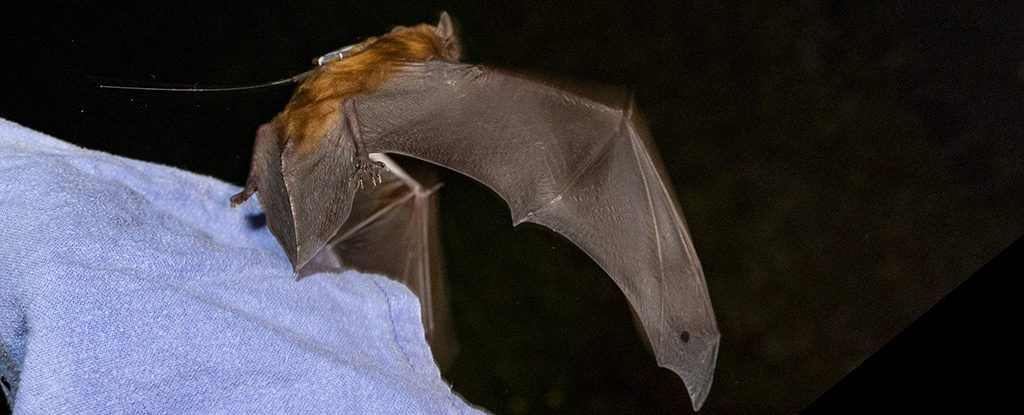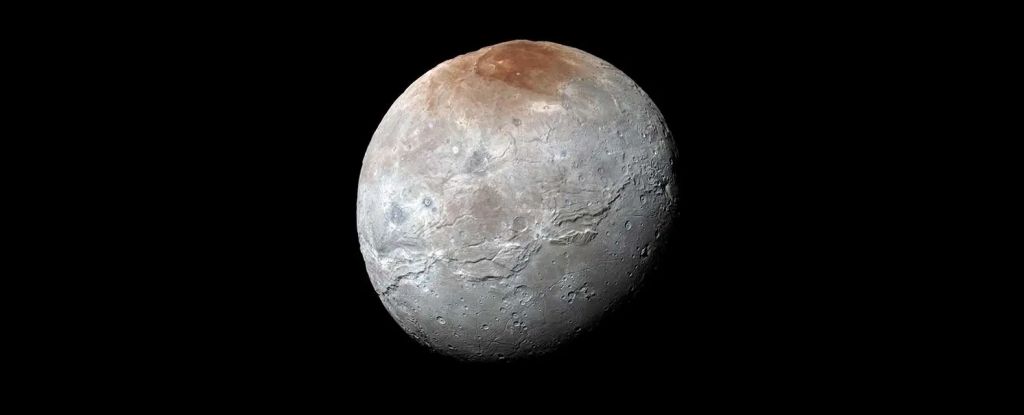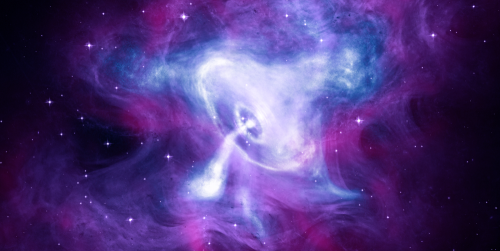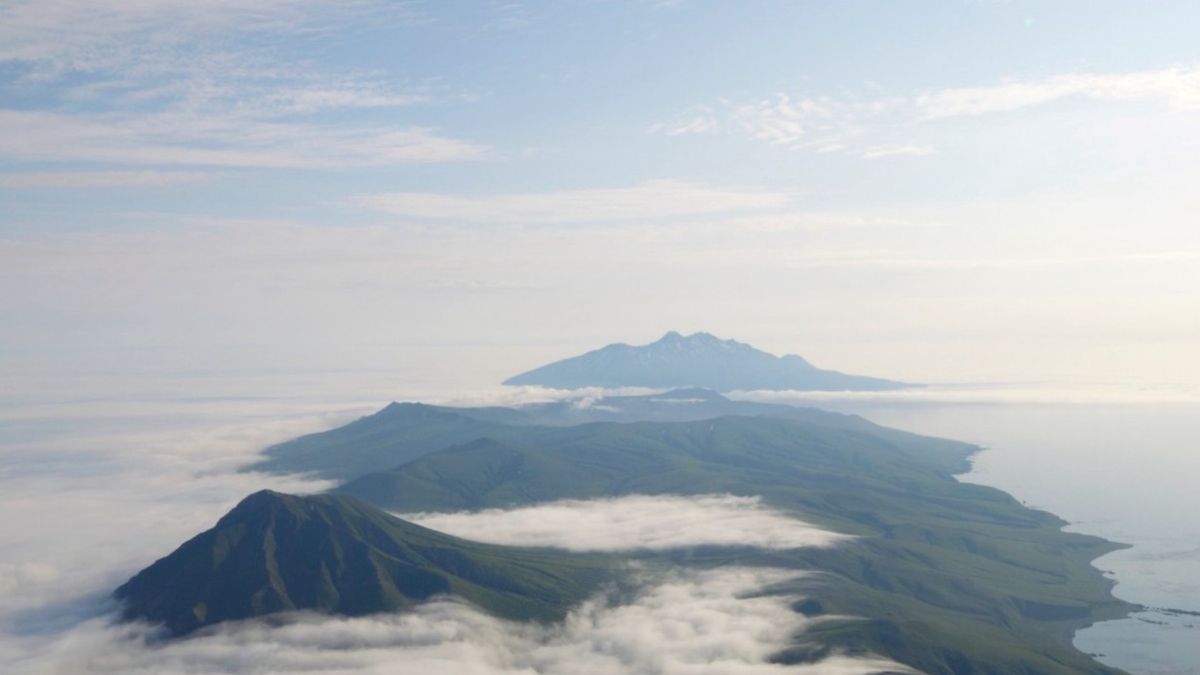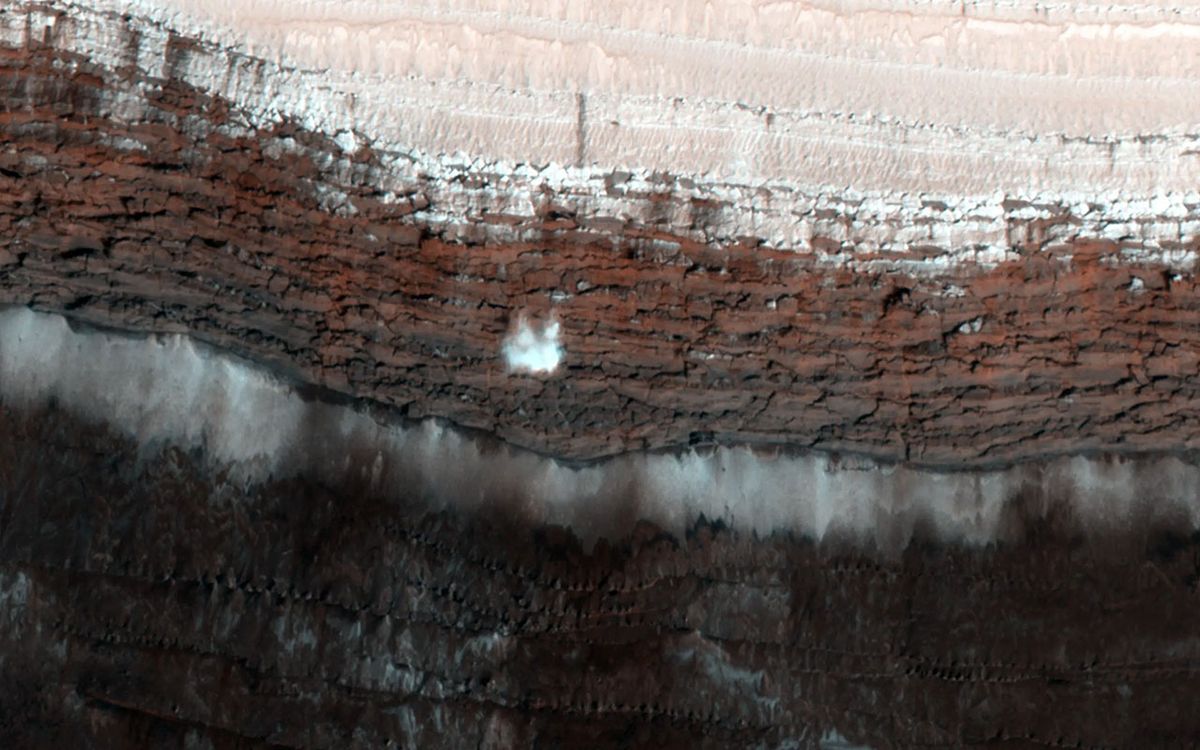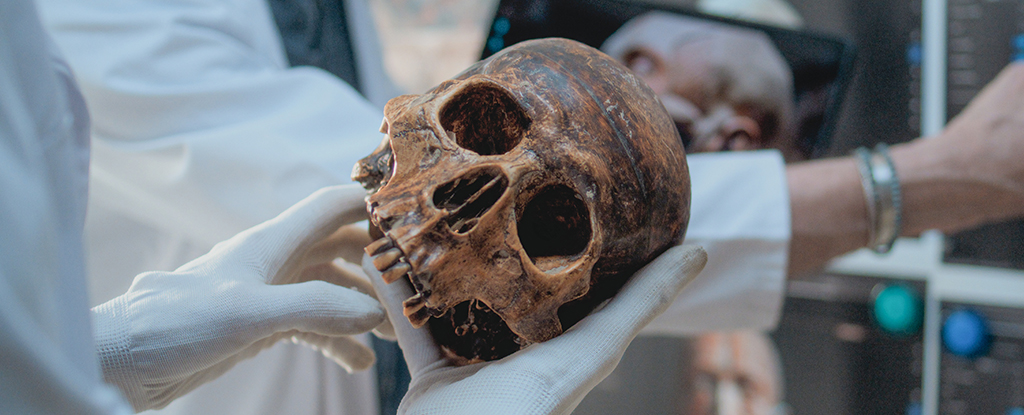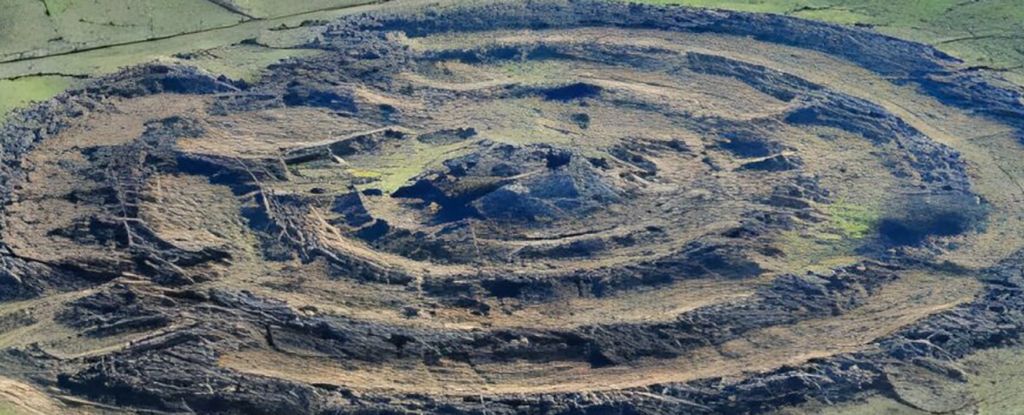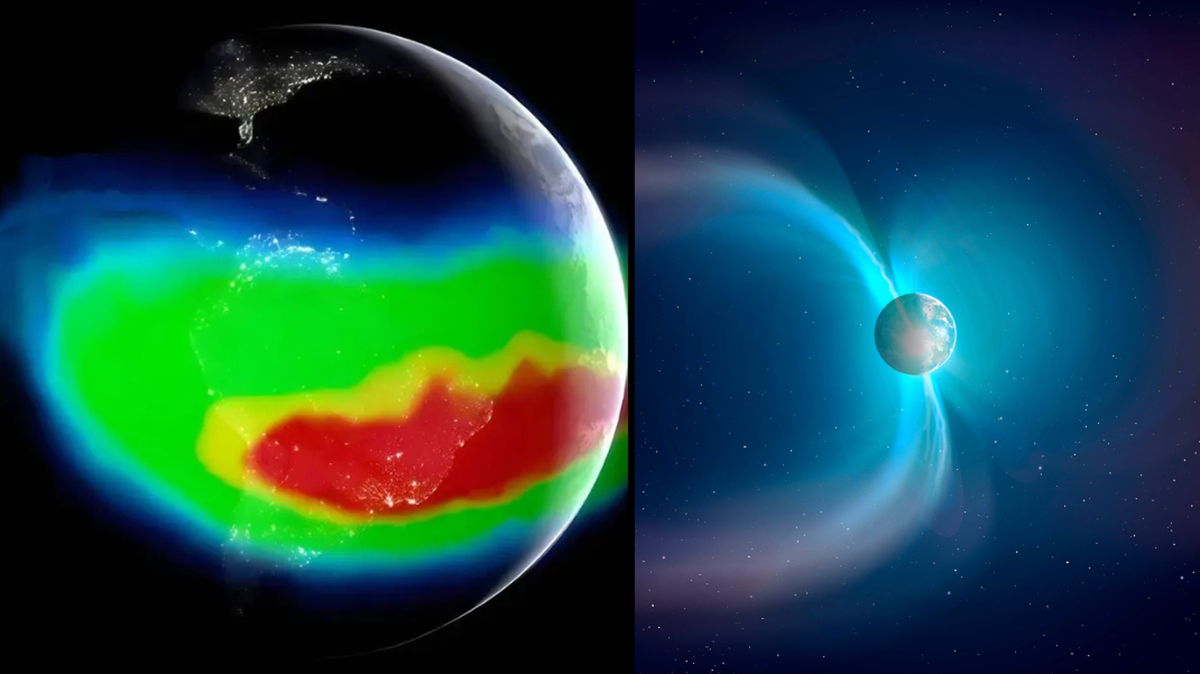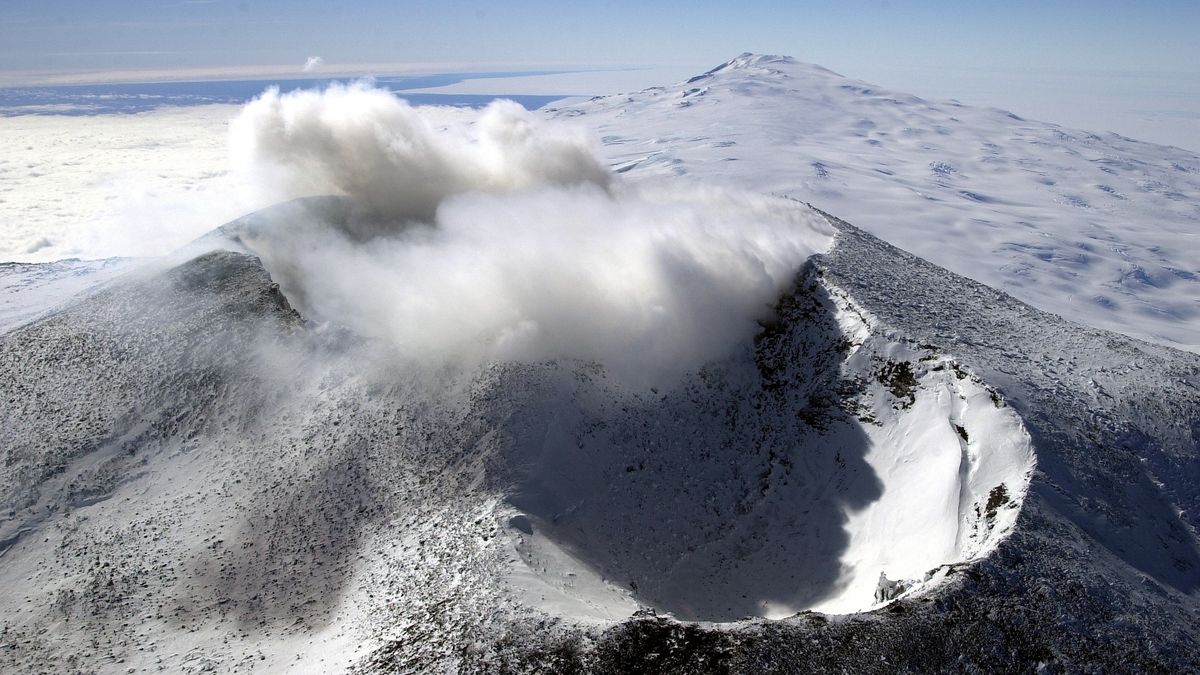Storm-Surfing Bats Seen Using The Weather to Cover Astonishing Distances
When it comes to flying long distances, bats need to overcome physics that forces the rest of us mammals right back down to Earth.
ScienceAlert (www.sciencealert.com)
• Published 17 days ago
25 year update on the "Millennium problems" in physics
In the year 2000, physicists created a list of the ten most important unsolved problems in their field. 25 years later, here's where we are.
Big Think (bigthink.com)
• Published 17 days ago
NASA will announce update to Mars sample return plans today. Here's how to listen in
NASA's beleaguered Mars Sample Return program currently faces extreme costs of up to $11 billion and a timeline that could reach 2040.
Space.com (www.space.com)
• Published 16 days ago
Pluto And Its Moon Came Together With 'Kiss And Capture', Study Says
The love story between Pluto and Charon may have started with a kiss.
ScienceAlert (www.sciencealert.com)
• Published 17 days ago
Drilling into Neutron Stars with Computers
Simulations of neutron stars provide new bounds on their properties, such as their internal pressure and their maximum mass.
Aps.org (physics.aps.org)
• Published 17 days ago
NASA To Make Announcement On Troubled Mars Sample Return Mission Tomorrow – How To Listen
The update is for the public and you can tune in - here's how.
IFLScience (www.iflscience.com)
• Published 17 days ago
Skeletal editing strategy makes room for more nitrogen
Sulfenylnitrene reagent expands N-heterocycles by a single N atom
Acs.org (cen.acs.org)
• Published 17 days ago
Mysterious climate-changing eruption that turned the sun blue traced to remote Pacific island
Zavaritskii volcano in the Kuril Islands — a former Soviet nuclear submarine base — was responsible for the mysterious 1831 volcanic eruption that cooled the climate and turned the sun different colors, a new study finds.
Live Science (www.livescience.com)
• Published 17 days ago
Carbon dioxide has been regulating Earth’s climate for hundreds of millions of years – new study
New evidence that low levels of atmospheric CO2 led to the longest ice age in Earth’s history.
The Conversation Africa (theconversation.com)
• Published 17 days ago
4 planets line up in the sky every night in January
The planets Venus, Saturn, Jupiter, and Mars are visible in the sky every night in January.
Chron.com (www.chron.com)
• Published 17 days ago
Springtime on Mars brings frost avalanches, gas geysers and explosions (photos)
Spring begins on Mars with variety of strange sights on the planet’s northern hemisphere.
Space.com (www.space.com)
• Published 17 days ago
Archaic Humans Might Actually Be The Same Species as Us, Study Suggests
Our species is defined by a long list of cultural and genetic traits that set us apart from our ancient counterparts.
ScienceAlert (www.sciencealert.com)
• Published 17 days ago
12 Pieces Of ‘Good News’ From 2024 For Those Who Are Fed Up With The Bad Ones
The internet is abundant with so much negativity that we end up overlooking the uplifting news pieces. Thankfully, we have content creators to remind us that not everything you read about online covers the doom and gloom of the world.
Boredpanda.com (www.boredpanda.com)
• Published 17 days ago
Surprise Turning of Ancient 'Wheel of Ghosts' Casts Doubt on Astronomical Purpose
The ancient Rujm el-Hiri ('Wheel of Ghosts') site on the Golan Heights plateau in southwest Syria, is a marvel of a monument – previously thought to have originally served as an astronomical observatory of sorts.
ScienceAlert (www.sciencealert.com)
• Published 17 days ago
Why Was Life So Boring? Solving the Mystery of the “Boring Billion”
Ancient species may have evolved at a slower pace and endured longer, but evolutionary rates sped up significantly following global ice ages, according to a new analysis by Virginia Tech. Published in the journal Science, the study charts the cycles of rise a…
SciTechDaily (scitechdaily.com)
• Published 17 days ago
Dark Energy Camera captures thousands of galaxies in stunning image
Astronomers have captured a breathtaking new image of the Antlia Cluster of galaxies.
Space.com (www.space.com)
• Published 17 days ago
NASA scientists on alert after ‘dent’ in Earth’s magnetic field could risk our way of life as we know it
Not what NASA scientists thought they would find, that's for sure.
LADbible (www.ladbible.com)
• Published 17 days ago
Antarctica ice melt could cause 100 hidden volcanoes to erupt
More than 100 volcanoes lurk beneath the surface in Antarctica. Ice sheet melt could set them off.
Eos (eos.org)
• Published 17 days ago
Controlling Human Body Temperature to Mimic Hibernation
Researchers have discovered a way to control human body temperature, mimicking the hibernation process of animals like bears.
Neurosciencenews.com (neurosciencenews.com)
• Published 17 days ago
Asteroid-comet hybrid stuns scientists: ‘Like nothing we’ve seen before’
It really rocked their world.
New York Post (nypost.com)
• Published 17 days ago
